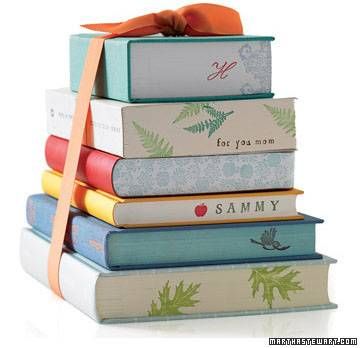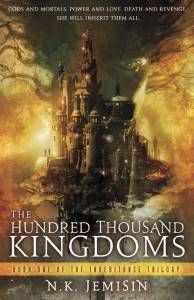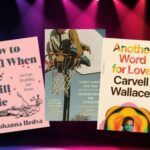
Other People’s Books
 A copy of N.K. Jemisin’s The Hundred Thousand Kingdoms, the first book in her Inheritance trilogy, sits on my bookshelf. I don’t remember buying it. I recall it being a title that someone lent to me, with the intention of my returning it when I finished. I never got the chance to do so. I don’t even think I ever opened the borrowed copy–my first real reading of that title was on my mobile phone, an ebook.
A copy of N.K. Jemisin’s The Hundred Thousand Kingdoms, the first book in her Inheritance trilogy, sits on my bookshelf. I don’t remember buying it. I recall it being a title that someone lent to me, with the intention of my returning it when I finished. I never got the chance to do so. I don’t even think I ever opened the borrowed copy–my first real reading of that title was on my mobile phone, an ebook.
Before my wife agreed to be my wife, one of the embers that kindled the flame of our relationship was our shared love of books. We’d often visit my hometown’s oldest independent bookstore to browse, learning each other through our story preferences, and reminiscing over long-favorite titles. Once, she bought a copy of Benilde Little’s Good Hair (that I found first, the thief), and I mentioned that I had never read the sequel, titled The Itch. Serendipity! She already owned a copy, and passed it along to me. I read it twice and put it on my shelf, where it sat until I gave all of the books that I owned away for free to Other People, in preparation for a major life journey.
These books, Other People’s Books, have had an immeasurable impact on my life. In the circles that I have existed within since I came of reading age, books were valuable currency (I was lucky enough to have voracious readers always within my reach). They were our prizes, things precious to us but we lent them to each other anyway, because the intensely personal treasures contained between their covers deserved to be shared with those who could appreciate them, those who could love them as deeply as we could–and did.
I owe Other People an extreme debt of gratitude for trusting me with their books, even though I wasn’t always the best about returning them without stains, without rips and tears, without bending the spine or losing a couple of pages. There are books that I have returned in a pristine state, however. One person who received their book returned exactly as they had lent it to me was an administrator at my University, who lent me a copy of Walter Mosley’s Little Scarlet just because it was sitting on her desk and I mentioned that I had read almost every one of Mosley’s Easy Rawlins mysteries except that one.
Her book was full of little notes, parts where she had highlighted or underlined a sentence with some sort of significance that only she knew. Questions, scribbled her small, tight hand, lived in the margins, her attempts at figuring out the central mystery of the text. There are some who don’t like marginalia, who find it a nuisance. But I enjoy the remnants of Other People in the books that they lend me. Those markings are their own story, in a way. That phone number, that scribbled date, that question about the main character’s motivation tells me about the Other Person’s thought process, their desires, how they interacted with the world at that time through their interactions with the pages of their book.
That Administrator’s copy of Little Scarlet, full of her thoughts and her own story, made it back to her desk. But other books–the paperback copy of The Hundred Thousand Kingdoms, for example, still reside on my shelves. Still others, like my wife’s copy of The Itch, are gone forever, leaving a gaping void in someone’s lovingly curated collection. I do feel bad for whatever personal deficiencies make me so bad at returning Other People’s books. Perhaps I am too lazy, or too selfish. Perhaps I am not ready for the responsibilities of the adult world, where we are expected to be accountable for our bad decisions and deplorable personality traits. I apologize for this, but I cannot say that I regret my love for the books that Other People have left with me, left for me. If it’s any consolation, I have given away more books than I’ve kept. And if the copy of The Hundred Thousand Kingdoms on my bookshelves is yours, Other Person, you are welcome to have it back. I haven’t even written in it.









